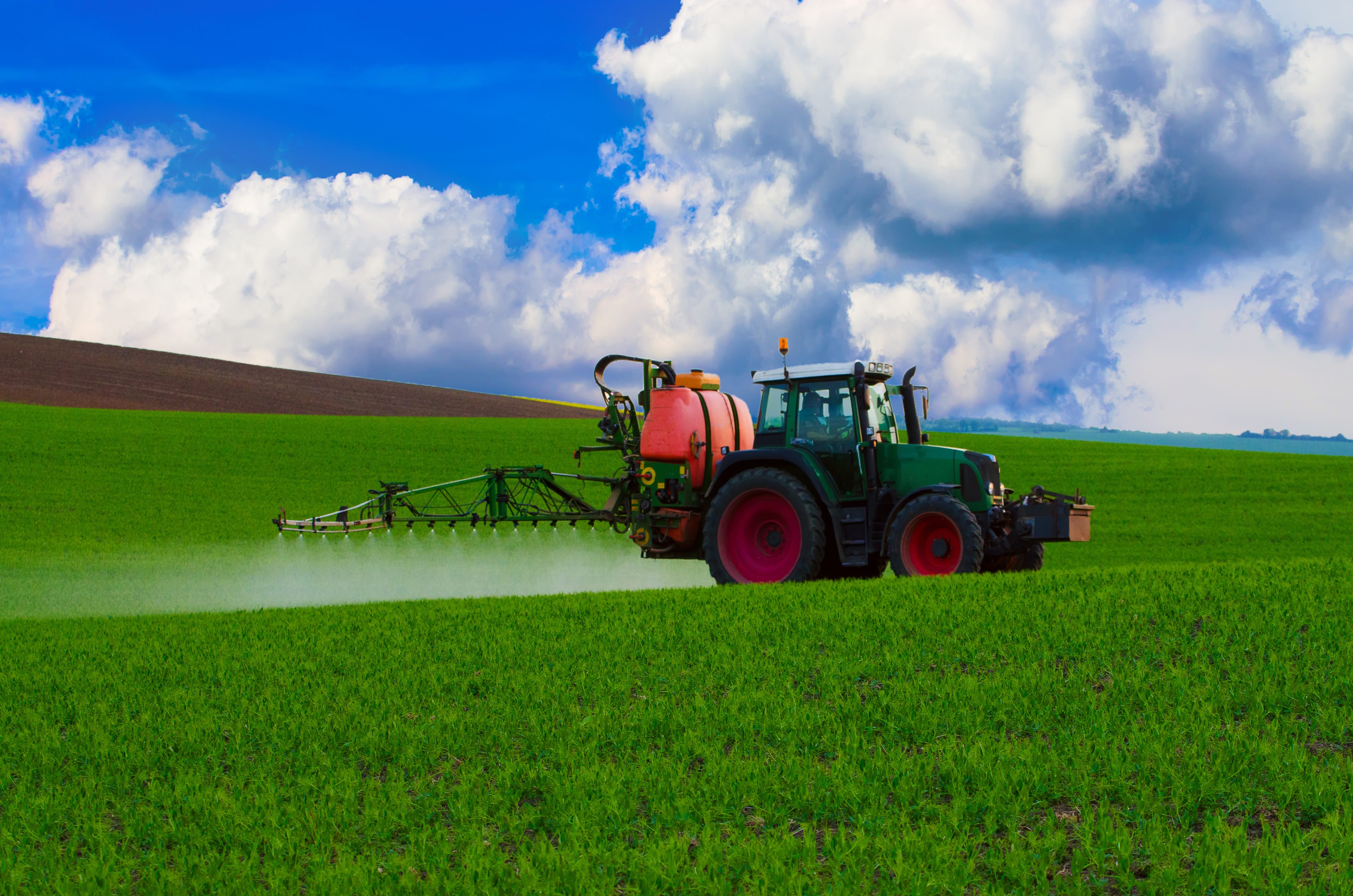On April 2, DTN, a Minnesota-based digital insights company spanning multiple industries including agriculture and oil and gas, closed the acquisition of pest detection technology startup Spensa Technologies for an undisclosed sum.
DTN is a 34-year-old privately held company offering digital ag products that range from weather forecasting and nitrogen modeling to market data for livestock producers and more. The company has been making moves to broaden its agricultural offering of late. In addition to the acquisition of Spensa, DTN partnered with Agronomic Technology Corp to offer its Adapt-N and N-Sight nitrogen modeling capabilities (acquired by Yara in 2017) in February 2018. DTN is also the owner of The Progressive Farmer magazine.
Founded in 2009, Spensa had raised a total of $4.5 million before being acquired, the most recent round of which was a $2.5 million Series A round in 2015 from a group of high net-worth individuals, mTerra Ventures, VilCap Investments, the venture arm of incubator and accelerator group Village Capital, and Elevate Ventures, an Indianapolis-based firm.
Spensa’s core hardware product is the Z-Trap, an insect sensor. The company also offers a software platform, a scouting app, which focuses on precision pest management by collecting manual observations of insects, disease and weeds, providing insights on the likelihood of those pests emerging in the field, economic implications, and optimizing pesticide spray programs.
“Their technology is an innovative approach to managing pests — there really isn’t anything quite like them. They have both tools to trap pests as well monitor all of their effects on the crops,” said DTN senior vice president of marketing and communications Ed Mattix.
Spensa CEO Johnny Park told AgFunderNews in 2015 that focusing on detecting insects was the company’s main point of differentiation from the growing number of digital ag tools.
Still today, pest management is a less-saturated area within farm management software, sensing, and IoT. Other examples include Israel’s Taranis, and FieldIn.
“Most of them are involved in measuring moisture, temperature, and other environmental data, which is relatively easy. We feel that detecting insects is pretty difficult and we have been working on this innovation for several years; there are very few companies focusing on pest management specifically,” said Park.
Since DTN’s acquisition by Swiss private equity group TBG in 2017, the company has made two other acquisitions — one relevant to agriculture in Wilkins Weather Technologies, a 30-year-old weather information services company.
Though the price of the acquisition was not disclosed, Mattix offered that DTN is a conservative buyer looking to directly profit off of its acquisitions and that there would likely be more to come, though he would not offer any specific technologies as potential targets.
“We try not to overpay for our companies. We take the disciplined approach. The prices that are being asked by some sellers are quite high. You don’t want to pay a price that doesn’t give you a return. We look at strategic fit. We look at a fair price and how well we can integrate them into our operations,” Mattix told AgFunderNews.
This strategy is in stark contrast to the more expensive acquihire agtech M&A deals of the past year. Both, Dupont’s (now Corteva) acquisition of Granular and John Deere’s acquisition of Blue River Technology were driven by a desire for the talent at the helm of each startup just as much as the technology they offered, according to the acquirers. Mattix acknowledged that acquisitions like these, with price tags in the vicinity of $300 million each, are driving up prices across the industry. Though the price was not disclosed, Syngenta’s acquisition so Farm Shots earlier this year also fits the bill for an acquihire.
Spensa will be integrated into DTN’s agriculture offerings and the branding is being reviewed. The startup will maintain its office in West Lafayette, Indiana.





